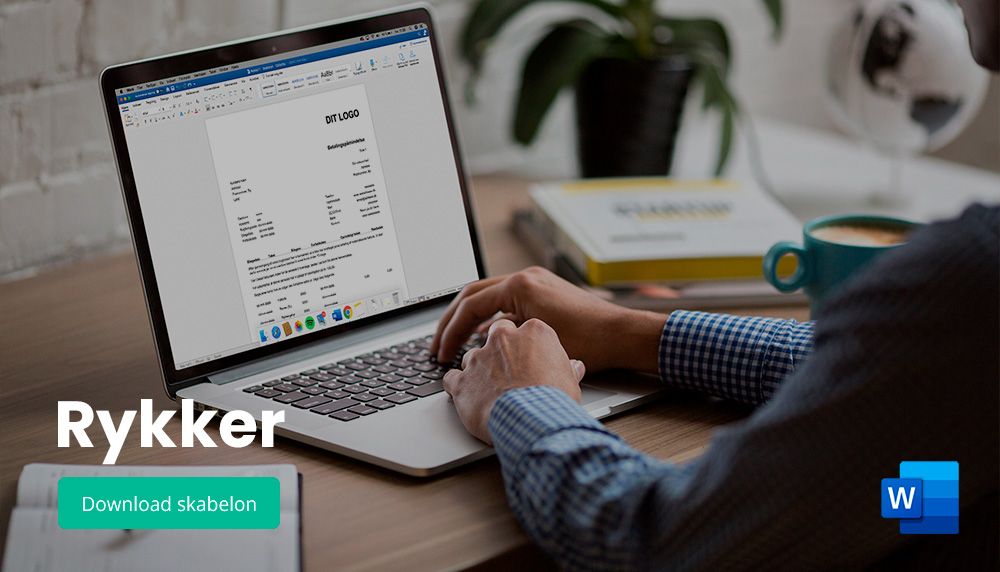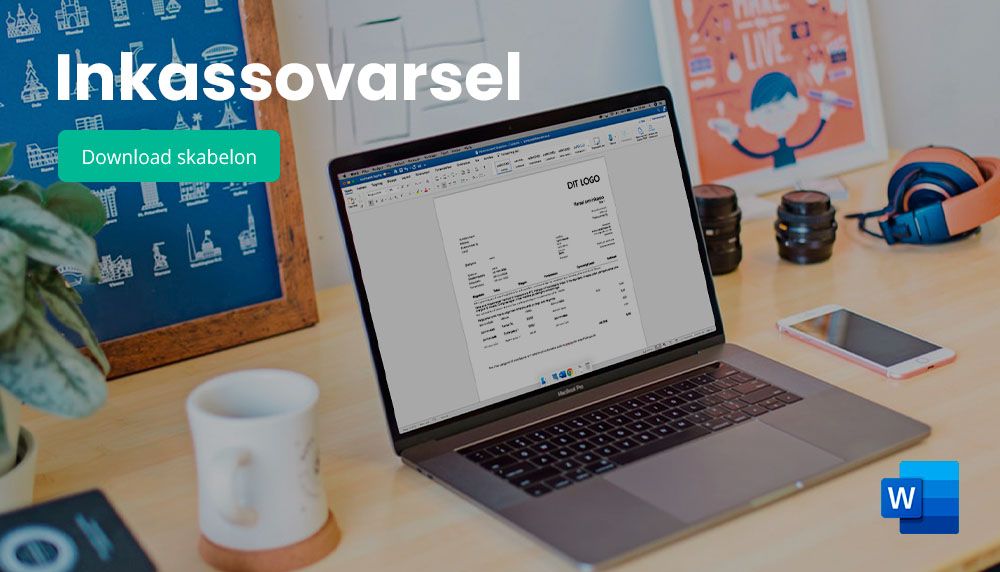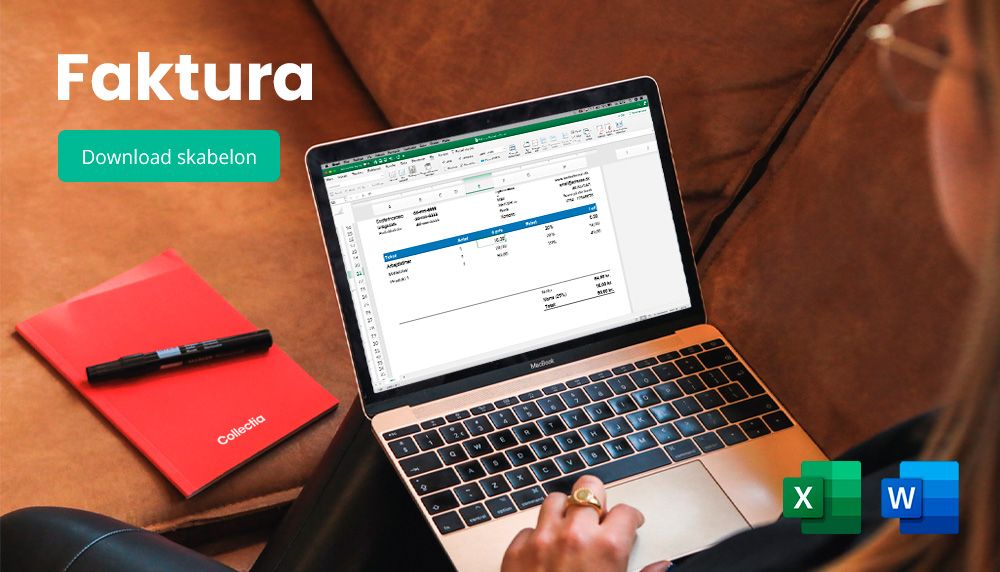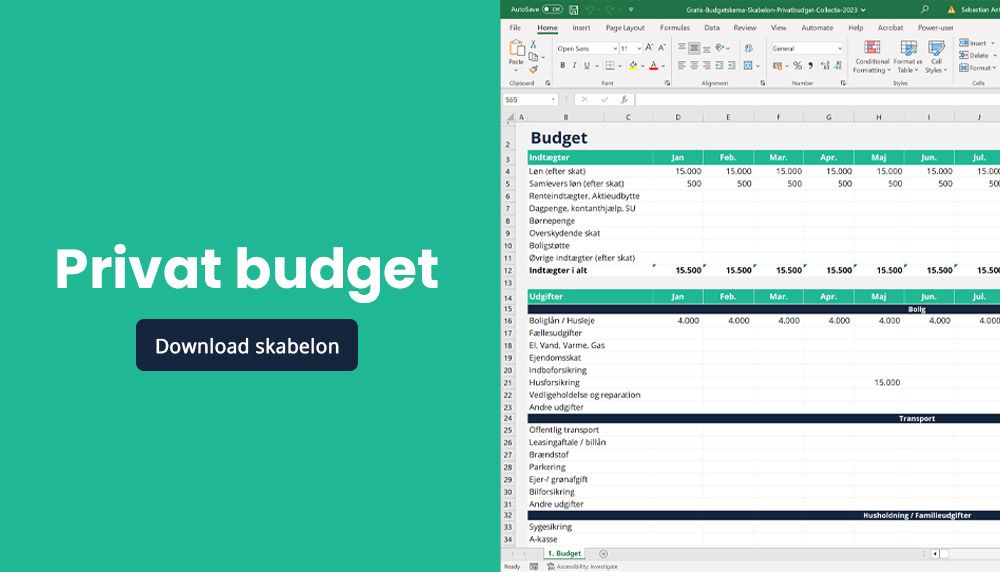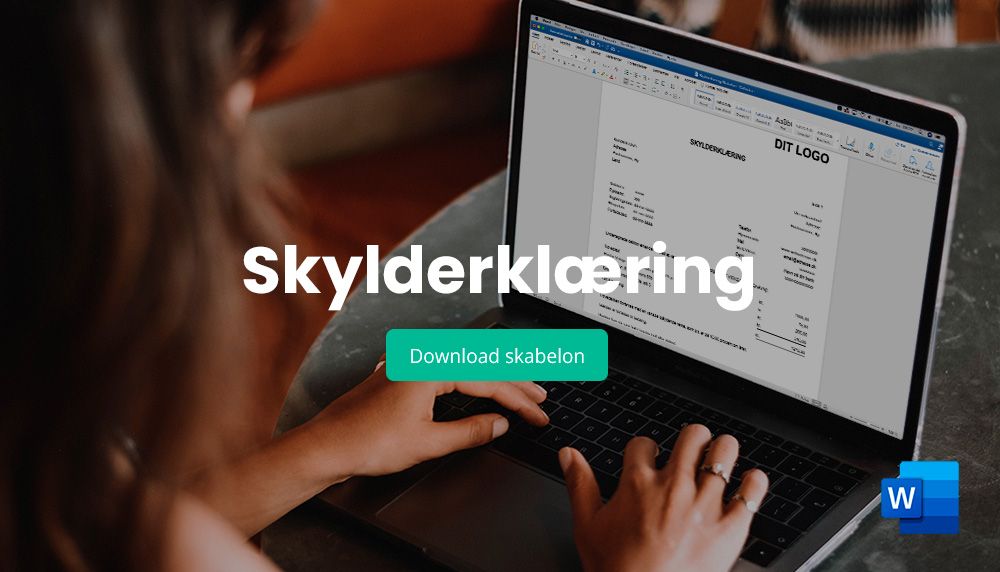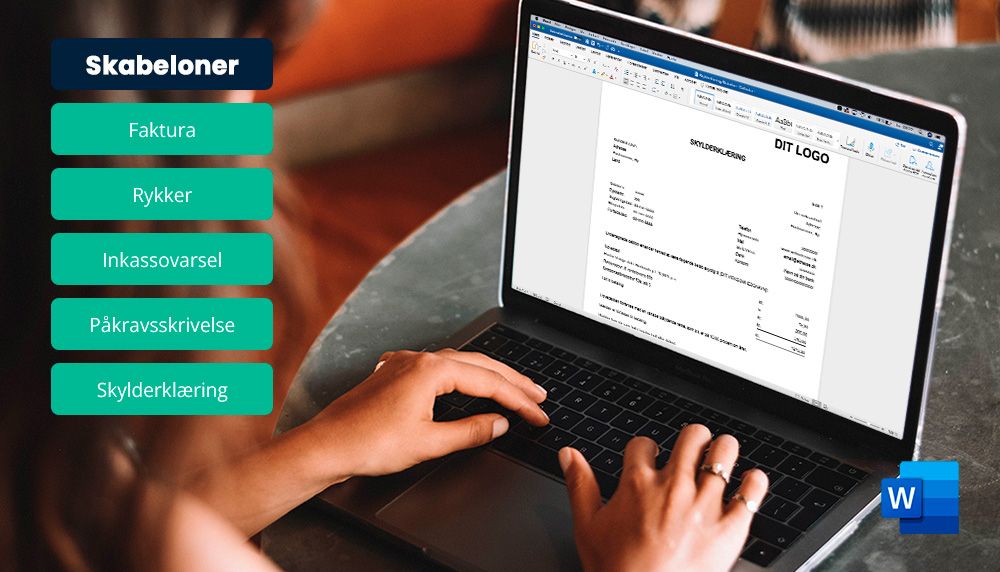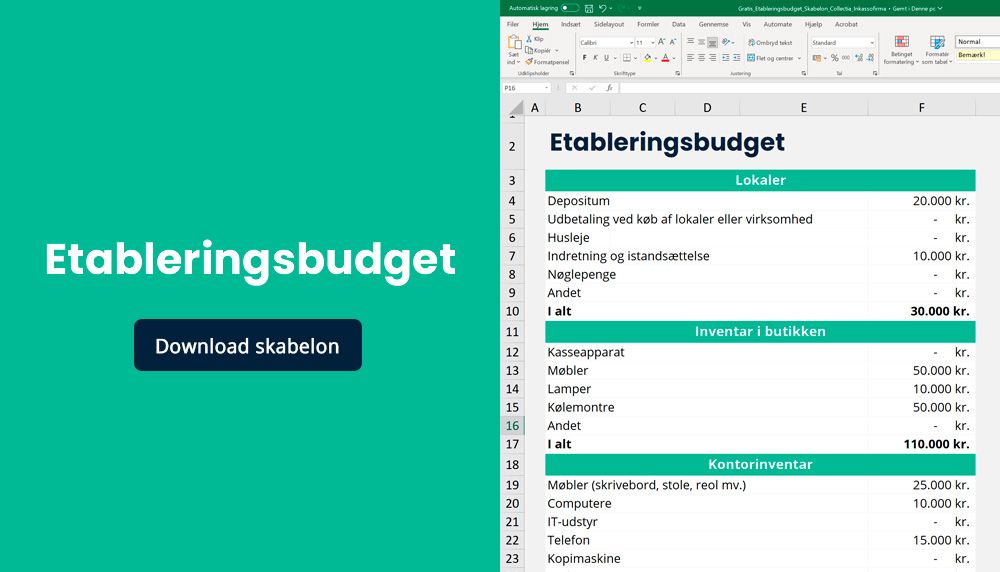
Forced auction
A forced sale is, as the word suggests, a forced sale, in the form of an auction, of, for example, a property - but it can also involve assets, movable property or the like.
The vast majority of foreclosures in Denmark relate to real estate. In Denmark, an average of 100-120 foreclosures are carried out every month, all year round (source: Domstol.dk).
If the homeowner (debtor) is unable to pay an amount owed, for example to their creditors or lenders, they will often seek the help of the enforcement court to make an attachment.
Most foreclosures therefore start with an attachment. Here, a lawyer or debt collection company has typically seized the creditor's property after a bailiff or debt collection case. With the attachment, the creditor, or the creditor's representative, secures a value for their claim.
The creditor or the creditor's lawyer or debt collection company will then request a forced sale of the property. This is done with the assistance of the bailiff.
Meeting in the bailiff court
After the enforcement court has received the foreclosure request, the owner of the property will be summoned to a meeting. At the meeting, the owner will be presented with the consequences of the upcoming foreclosure and the possibility of obtaining a lawyer.
The meeting also sets the date of the auction.
The owner will often also be given a final payment deadline to settle the claim before the foreclosure auction itself.
The foreclosure auction itself
Forced sales of real estate are conducted at the local bailiff's office, while forced sales of larger assets and movables are typically conducted at an auction house.
In practice, the homeowner/debtor rarely gets the best price at a foreclosure auction. There are a number of unknowns for the bidders, who rarely have the same informed basis for buying the property. For example, condition reports are not prepared for the properties, and the creditor often compensates for this by bidding less for the property than it could be sold for on the open market.
Therefore, it is not always the case that the creditor/lender gets their full claim covered by the sale at a foreclosure auction.
Foreclosure in connection with debt collection
Foreclosure can be seen as a tool for a creditor in debt collection - and is often one of the last means used.
Both lawyers and debt collection companies often use foreclosures in connection with debt collection, but there are typically a number of steps taken before a foreclosure is filed.
